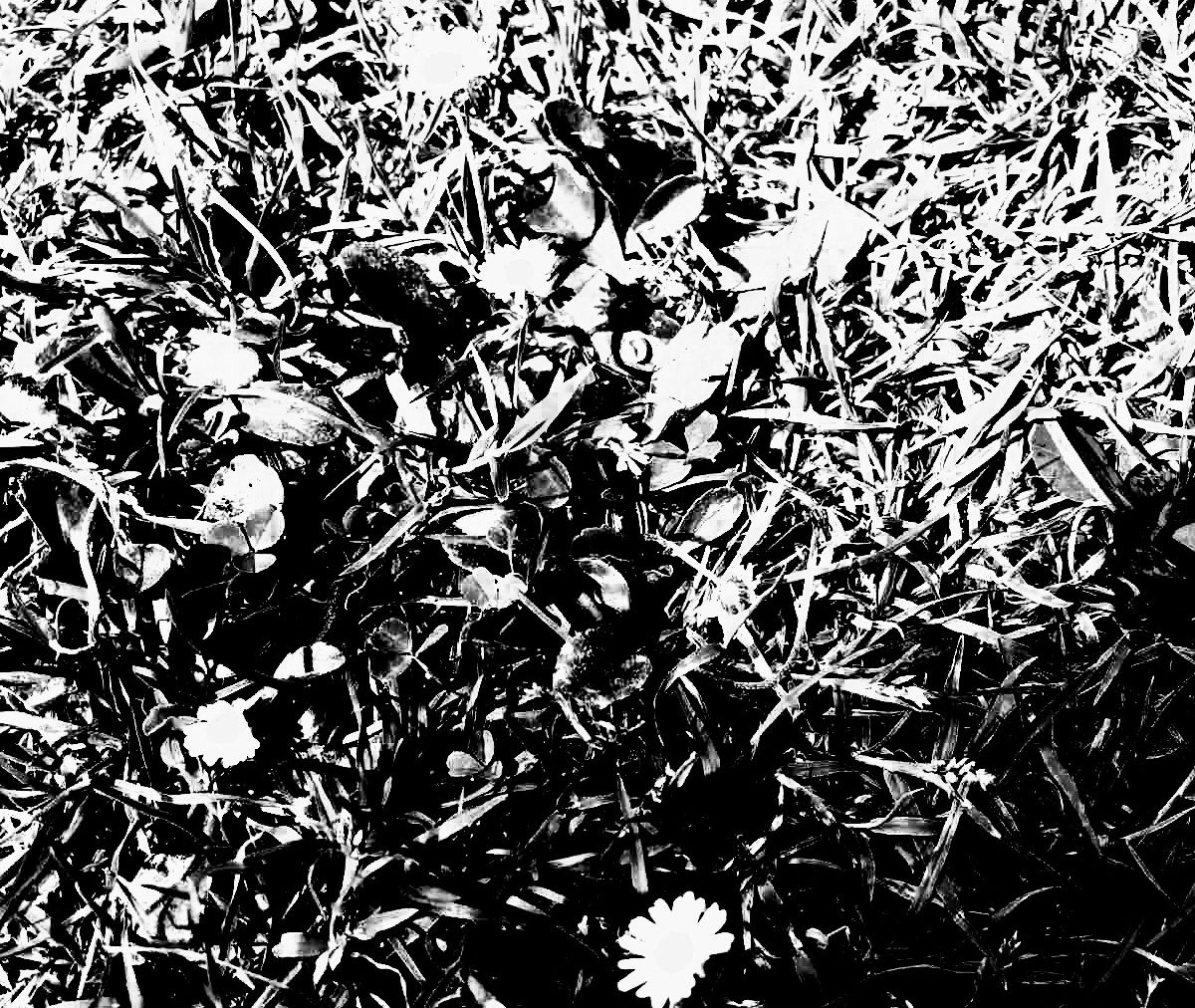Perhaps it is only in the poetry of Anna Akhmatova that suffering, for the first time, opens itself up to view and makes apparent its own impossible detours in such a way that confirms and makes understandable how the word, the word of the poet, says and thus brings nearer that which closes itself off in its refusal by receding into obscurity. Or perhaps it is only in the poems of Anna Akhmatova that suffering is finally allowed to be completely offered to the word without reserve, yet without being exhausted, for it is the overflowing origin, a negativity lacking any negativity, from out of which and toward which Akhmatova’s poetry emerges and turns.
Akhmatova’s poetry is the saying-repeating of this lack, which lacks nothing, when repeating is not the saying-again of the already-said, but rather the letting-appear of the yet un-thought and un-seen in that which comes forth without holding itself back in hesitant awaiting.
The origin of suffering; or suffering as the origin
“What was in our stars
That destined us for sorrow?”
The poem searches for and moves toward the origin, the origin of suffering or perhaps the origin as suffering, neither confirming nor negating it, neither reaching it nor bypassing it, but only indicating its space where the poet is silent and poetry is absent, where suffering disappears by not beginning.
The poem thinks into, and lets appear, a space in existence where there is neither existing nor spacing and where letting-appear takes place not as revealing, but as a relation to the obscure opening through which existence passes in order to suffer; a space toward which we constantly turn, unable to catch sight of. The poem attempts to say that which precedes language or that in which language takes place as absence and silence.
Separated-ness from oneself and the becoming an-other of oneself in suffering
“No, it is not me, it is someone else who suffers.
I, I could not have suffered thus.”
Suffering is the breaking up and dispersion of a “self”; a disintegration of the “I” and that which brings it together into unity and oneness. One becomes neither more nor less than “oneself”, but scattered-ness, otherness, and foreign others, separated from each other by disbelief; the impossibility of believing the “event” that fractures, and the impossibility of believing that one is the sufferer: “No, it is not me, it is someone else who suffers”.
There is an infinite disbelief in suffering. Disbelief is neither the loss of belief nor the disappearance of believing, but the splitting up of that which has never been one into dissipating. That is, disbelief is a going away in different directions, rendering the “I” this incessant going away and the difference and plurality of directions in every going-away, without ever returning or reaching that toward which it moves in its scattered going-away. The “I” thus becomes the place of a loss without becoming “itself” lost, for going away in different directions is the hollowing out of the “self”, but hollowing out is not the rendering empty of what was abundant; it is the gatheredness of the “I”, yet scattered and separated by the difference and multiplicity of directions, into the space left empty by the going away of the “I”.
A hesitant confirming of what is not
“I’m not weeping, I’m not complaining,
Happiness is not for me.”
There is in every suffering worthy of its name a hesitation and a hesitant confirming of what is not. This confirming is a welcoming of that which negates the “I” and thus makes possible its going-away, without ever returning, into the multiplicity of directions; that is, this welcoming is freedom itself, not freedom from happiness, but freedom from confining happiness to that which is unitary, linear, or whole, for freedom is itself an incessant going-away from what has always been and toward the still un-known, un-thought, and un-defined elsewhere. This is what is meant when Anna Akhmatova says:
“I have a lot of work to do today;
I need to slaughter memory,
…
Then teach myself to live again.”

